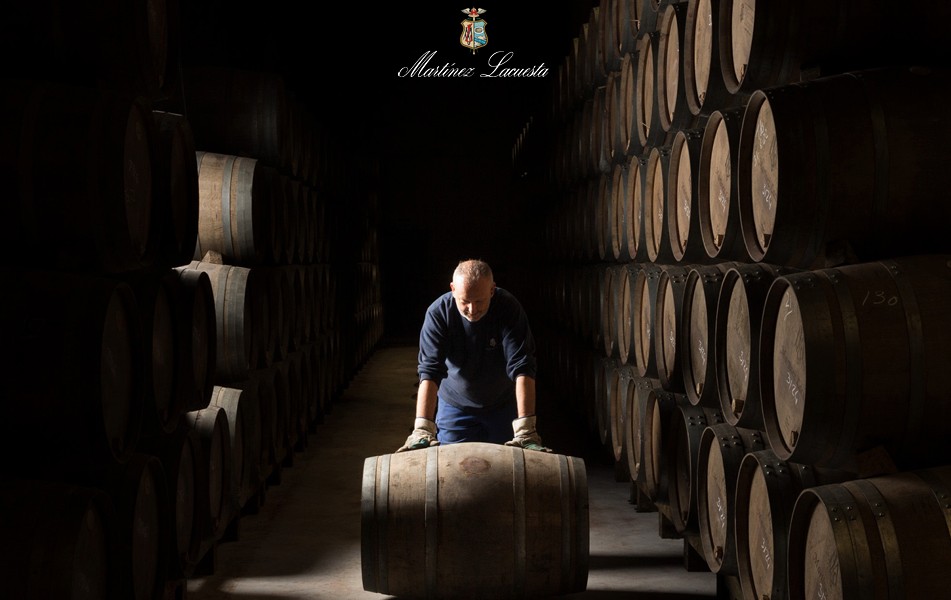Almost half of young drinkers consume low- and no-alcohol products
Nearly half of 18-24 year olds are either occasionally or regularly drinking low- and no-alcohol products, according to a recent report by The Portman Group.

The study, undertaken for the group by YouGov, revealed that the number of young adults drinking low- and no-alcohol has increased from 31% to 44% year-on-year and this generation was also the most sober of all, with 39% not drinking alcohol at all.
In addition, the number of respondents who said alcohol consumption has decreased as a result of the availability of low- and no-alcohol products rose from 23% this year, compared to 21% in 2022.
Overall more than a third of those surveyed (35%) considered themselves either an occasional or regular drinker of alcohol alternatives, which is an increase from 29% from two years ago. Three-quarters of drinkers have also tried a low- and no-alcohol alternative, compared to a third of non-drinkers.
Partner Content
The most popular reasons for drinking alternatives to alcohol are to avoid drinking to excess at social events and also the ability to be able to drive home, which is the sixth year in a row that these answers topped the survey.
Drinkers also said that they most often have alternatives alongside alcohol or on a ‘drink-free’ day during the week, and the majority (83%) tried a low- and no-alcohol drink for the first time from a product which shared an alcoholic variant.
Matt Lambert, CEO of the Portman Group said: “It is welcome to see a further rise in the popularity of low and no alcohol alternatives as well as further evidence of how they are an important tool to help UK drinkers, particularly younger adults, to drink responsibly.
“The availability of alcohol alternatives has never been more abundant and we eagerly await the outcome of the recent UK Government consultation on low alcohol descriptors, which we hope will further facilitate the growth of the UK low and no alcohol market.”
Related news
Portman Group issues ban on ‘Premium Strong Beer’ brand
The WHO’s 'tobacco playbook' targets alcohol
Alcohol brands under fire for irresponsible social media ads




